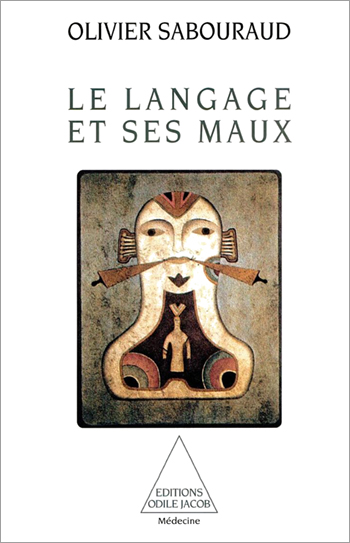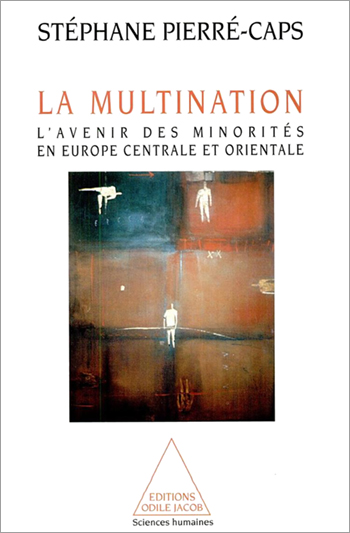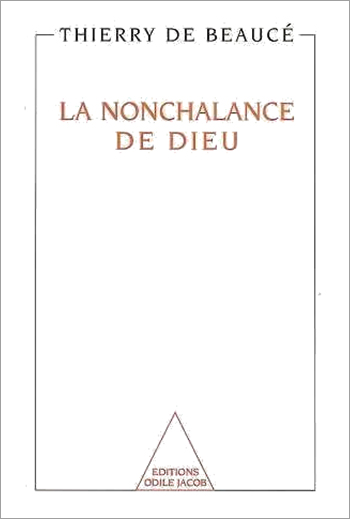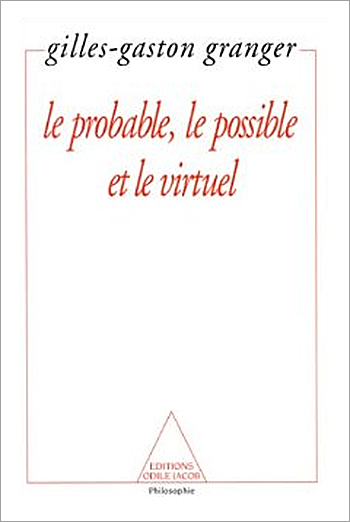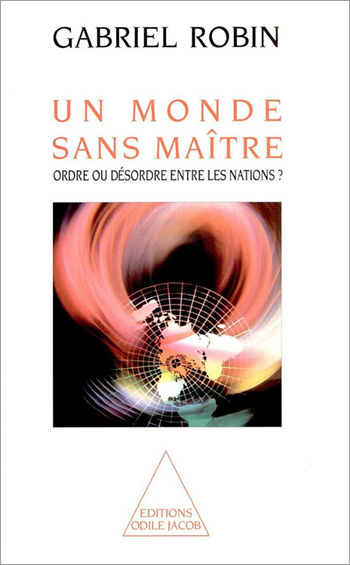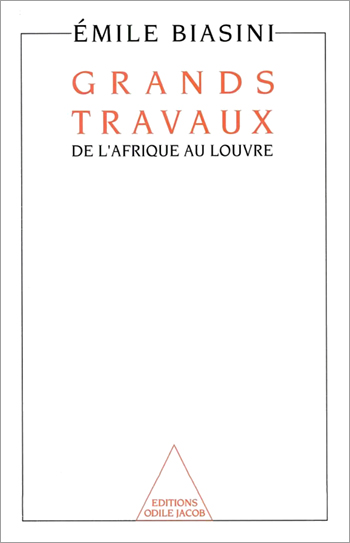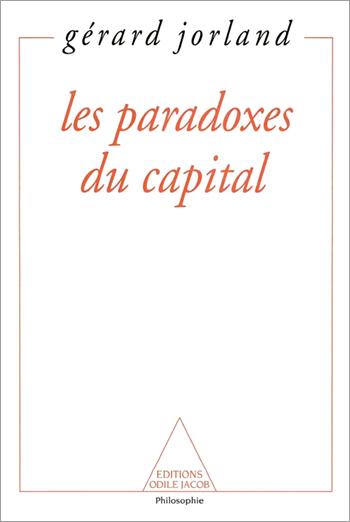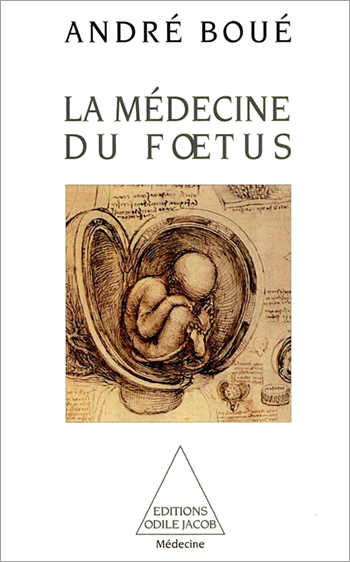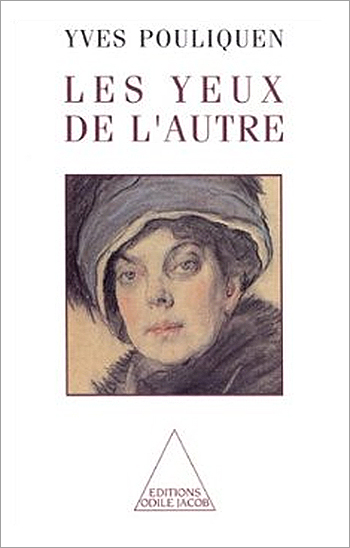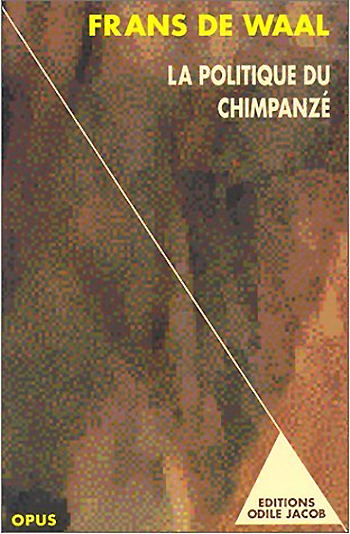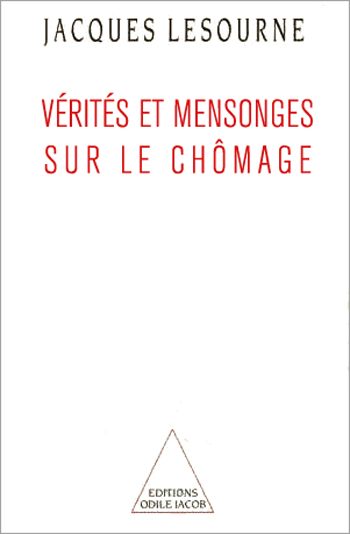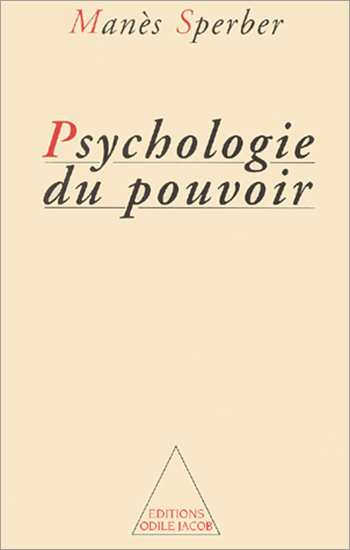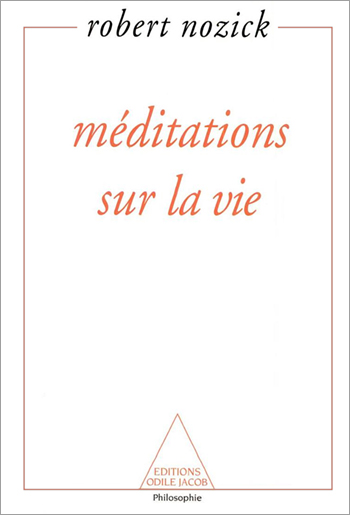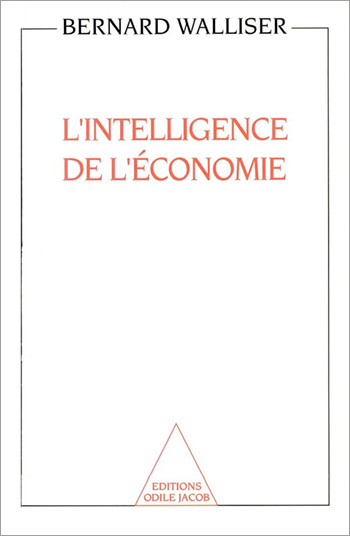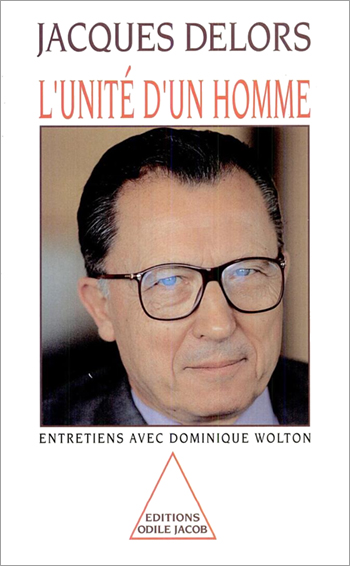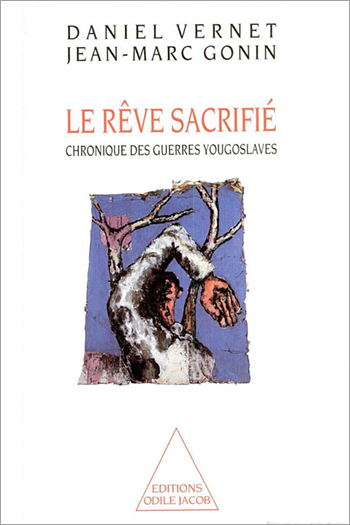Catalog All books
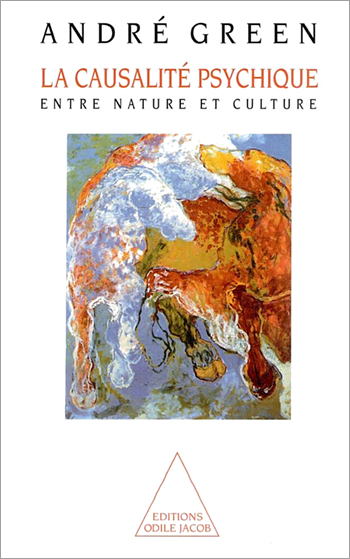
André Green
The Psychic Causality Between Nature and Culture
Without reprieve, we hear of the agony of psychoanalysis. On one hand, neuroscience and the cognitive sciences reduce the psyche to a sum of 'natural' phenomenon. On the other hand, the social sciences see it as an ensemble of 'cultural' process. In this point-by-point discussion of the issues in this debate, and drawing upon his extensive clinical experience as his main resource, André Green shows that the human psyche is the result of a double determinism, both natural and cultural. It emerges as an original and autonomous creation, and that is exactly what forms the specificity of psychoanalysis. Andre Green is a psychoanalyst and the President of the Psychoanalytic Society of Paris.

Dennis Shasha
Mathematical Mind Games and Enigmas I The Amazing Aventures of Dr. Ecco
Under the supervision of Dr Ecco, a modern Sherlock Homes who solves the most difficult, mystifying problems, its your turn to play! No prior knowledge is necessary-- a paper and pencil will suffice. And, of course, some common sense! A researcher in computer science and artificial intelligence, professor Dennis Shasha teaches at the Mathematics Institute at the University of New York.
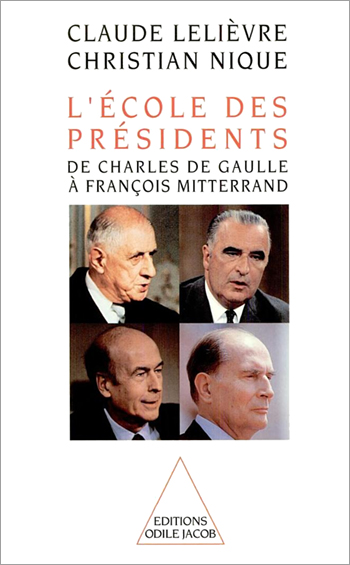
Claude Lelièvre, Christian Nique
The School of Presidents From Charles de Gaulle to François Mitterrand
What kind of education shaped Charles de Gaulle, Georges Pompidou, Valéry Giscard d'Estaing and François Mitterand? Who were their mentors? What was their opinion of school? What role is played in educational politics by a nationalist "Saint-Cyrien", a conservative "Normalien," a liberal from Polytechnique or ENA, or a socialist from Sciences-Po? How did their different educational experiences affect their actions and their views? A story of four great men who were once just schoolboys like everyone else.
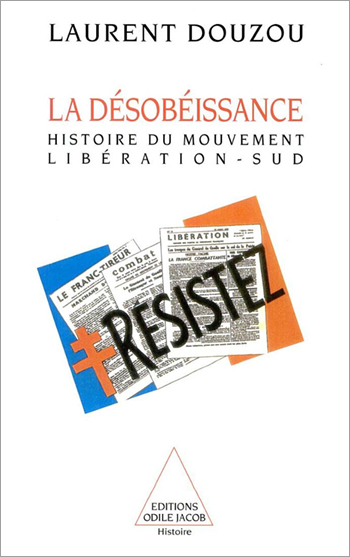
Laurent Douzou
Disobedience History of the Liberation Movement
Not everybody in the world become a Pétainist after the debacle and not all the resistance movements were infiltrated by communists working for the benefit of Moscow. Drawing upon numerous archives, Laurent Dazou explains why several men and women as diverse as a freewheeling navy officer, a normalien philosopher obsessed with maths, a young militant communist from the Latin Quarter and a founding banker from an anti-Semetic league, refused to crack under pressure, joining the ranks of disenchantment, and learning to resist by organizing themselves to fight and to blaze the trail of disobedience. Laurent Douzou is a specialist in the history of the Resistance.
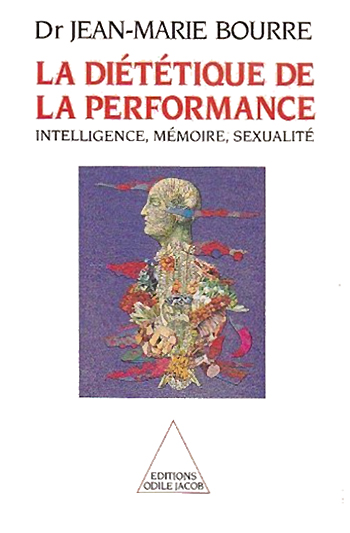
Jean-Marie Bourre
The Performance Diet Intelligence, Memory, Sexuality
How can we stay concentrated all day long? How can we avoid energy drops and sleepiness? How can we keep and develop our memory? How can we stimulate our intellectual alertness? How can we sleep well? How can we improve our sexuality? How can we stay fit and enhance our physical capacities? J.M. Bourre shows that the answers to all these questions and many others can be also found in what we eat.
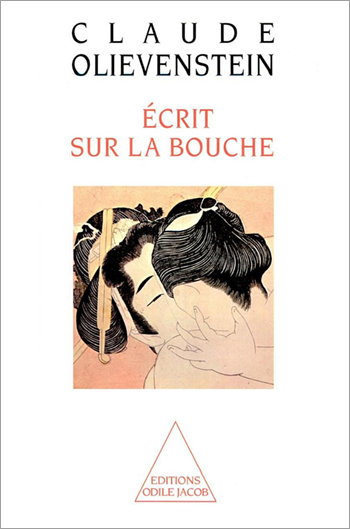
Claude Olievenstein
Written in the Mouth
"The mouth is beautiful. Everything starts with the mouth, from the first scream to the first sucking, from the first love kiss to the last farewell kiss. It is possible to view it only as an obscure hole or a devouring machine. It becomes more difficult when, from the labial to the short syllabe, it shapes itself as an instrument for language or music. Then, new questions are raised, especially regarding its relation to the cerebral systems." Claude Olievenstein
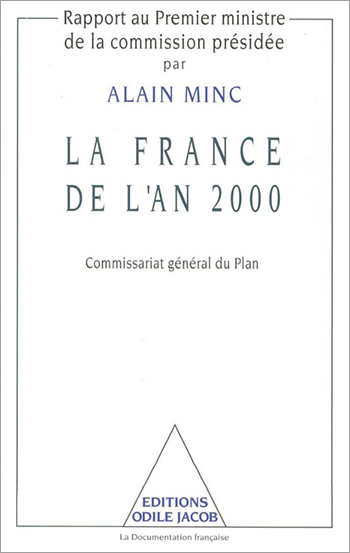
Alain Minc
France in the Year 2000
What are the biggest challenges of the year 2000? What great economic and social actions will France have to take in the years to come? The answer: assuring growth without inflation capable of favoring employment; making the state-providence more efficient, and adapting its productive system to the internationalization of trade. Edouard Balladur asked Alain Minc to address these key problems of French society and this work, an instant classic, will provoke reflection from a wide array of different personalities. A co-publication with La Documentation Francaise.
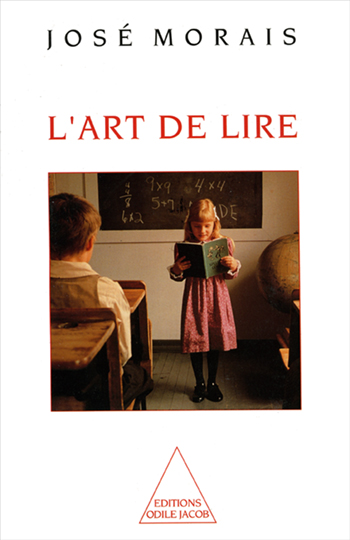
José Moraïs
The Art of Reading
José Moraïs analyzes the different methods with which we learn to read and presents the various therapeutic possibilities offered to those who do not master the art of reading .
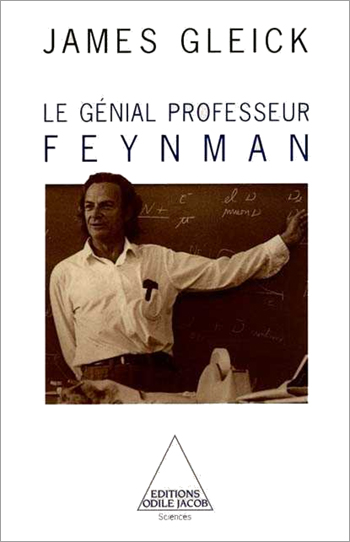
James Gleick
Genius: Richard Feynman and Modern Physics
Richard Feynman, Nobel Prize winner for his work on the description and calculation of interactions between particles, was a genius of our time. Quantum physics theoretician, enfant terrible of the Manhattan project and ascerbic critic of the investigative committee of the American space shuttle, Feynman left a profound impression on modern physics. James Gleick, a former journalist at The New York Times and author of the best-selling Chaos Theory, tells how Feynman's ideas were formed and how he reinvented particle physics. Through this portrait, Gleick explores the nature of genius itself and provides insight about the fascination that it engenders.

